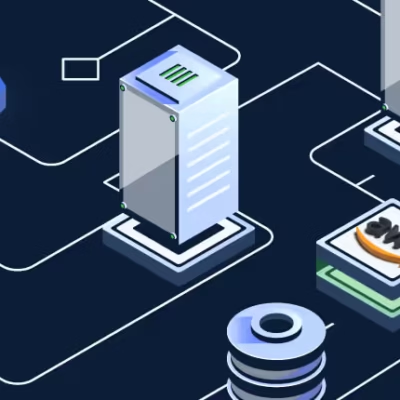Secure the Net: Cyber Games for Young Minds
The internet is a very broad and interesting space that will capture interests of the young generations. It provides a world of information, people and fun. However the same as in every playground, there are always certain threats hidden there. There is enormous potential for various cyber threats, including phishing, malware, or cyberbullying, so young people should be ready for it.
This is why cyber games for young minds are important. They propose rather effective means of conveying useful information on how to act on the web for children and teenagers. According to CG’s blog post, these games can teach youth critical thinking, how to spot suspicious content, and the role of strong passwords and privacy settings.
The Problems We Face
Youth are particularly vulnerable in the online world because it has emerging risks. It means that they are more trustful and lessoriented on the possibility of threat. Here are some of the main concerns:
- Phishing Scams: It may also employ false or fake practices that want to exploit users into providing personal information or clicking on any link. The young people who never had time to sharpen their conning radar are most likely to fall for such tricks.
- Malware: Malware is able to enter a device, and delete, corrupt or alter data in a system or render it nonfunctional. Children may be innocent enough to download malware disguised as games or free software.
- Cyberbullying: Hate premise can be promoted by the anonymous nature of the internet which may act as a platform to make some bullies even bolder. Effects of cyberbullying are very severe to the emotional and psychological well being of a young person.
- Oversharing: Children are not likely to have the ability to comprehend the consequences of posting information over the internet. This way, they can fall prey to the dangers that include identity theft, harassment, or stalking.
The Power of Play
To ensure a proper and effective intervention of the troubles mentioned above, cyber games are entertaining. Here’s how they can be beneficial:
- Interactive Learning: Games are better than usual classes and lecturing since students get an opportunity to practice with what is taught to them.
- Building Confidence: Generalizing from game quests and challenging tasks may help young people become more confident and thus able to face difficulties in an online environment more skillfully.
- Real-World Application: Some games tend to mimic real life situations hence the children get to have a feel of how they ought to behave when they are on the internet.
- Decision Making: There are still opportunities for players to feel in control and think for themselves and a lot of games make decisions to guide players on how to look at online interactivity and what could happen as a result.
Challenges and Considerations
While cyber games have a lot to offer, it’s important to be aware of some potential drawbacks:
- Game Addiction: Like with any game, cyber safety games can become somewhat irresistible. Much as children should be allowed to play; parents should keep an eye on them and encourage alternative forms of play.
- Limited Scope: One game cannot teach all aspects of safe behaviors on the Internet. Games should be complemented with direct discussion about matters that concern the use of the Internet.
- Age Appropriateness: Generally, parents need to ensure that any game they let their child play is within the allowed age standard for that game.
Beyond the Game
As good as games are, cybersecurity education is not limited to the use of games. Here are some additional safety tips for young people:
- Strong Passwords: Persuade kids to come up with long service passwords for every account and to never disclose these passwords to anyone.
- Privacy Settings: Explain to them how to manage their privacy settings on such sites as the ONA, on the social networks etc.
- Open Communication: Develop a permissive environment regarding discussion of one’s online encounters. Find ways to help children bring their questions and concerns in front of you.
- Parental Controls: One must think about using filters and restrictions in order to block unwanted Web content and minimize the time spent in front of the computer.
We can therefore engage boys in cyber games with friendly communication and realistic responsible use of social networks to train them to be secure online.
It’s a vast space where young people can spend a lot of time and beneficially preoccupy themselves with, and by teaching them what to do and where not to go online, we can ensure they navigate this world responsibly. So let us provide them with handy tips and empower the harmless use of the internet again – a positive space instead of a threat.










